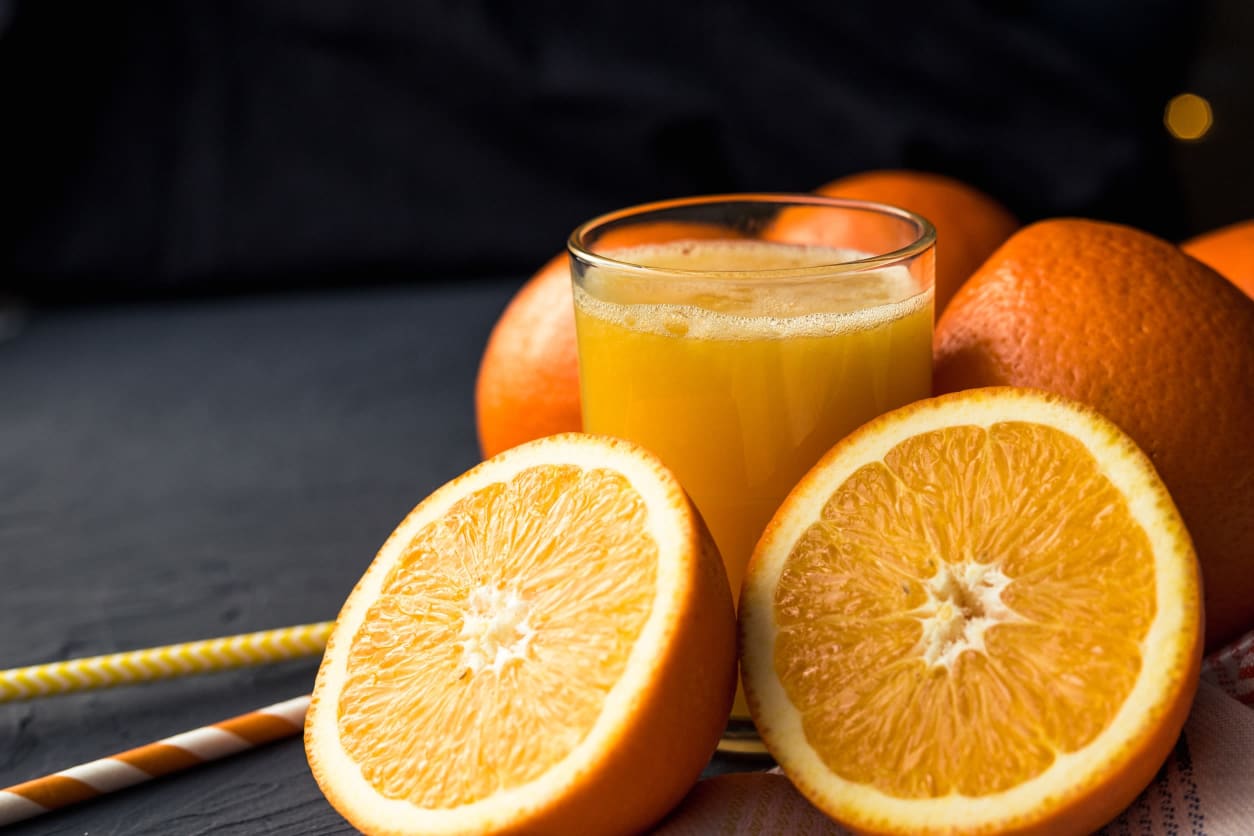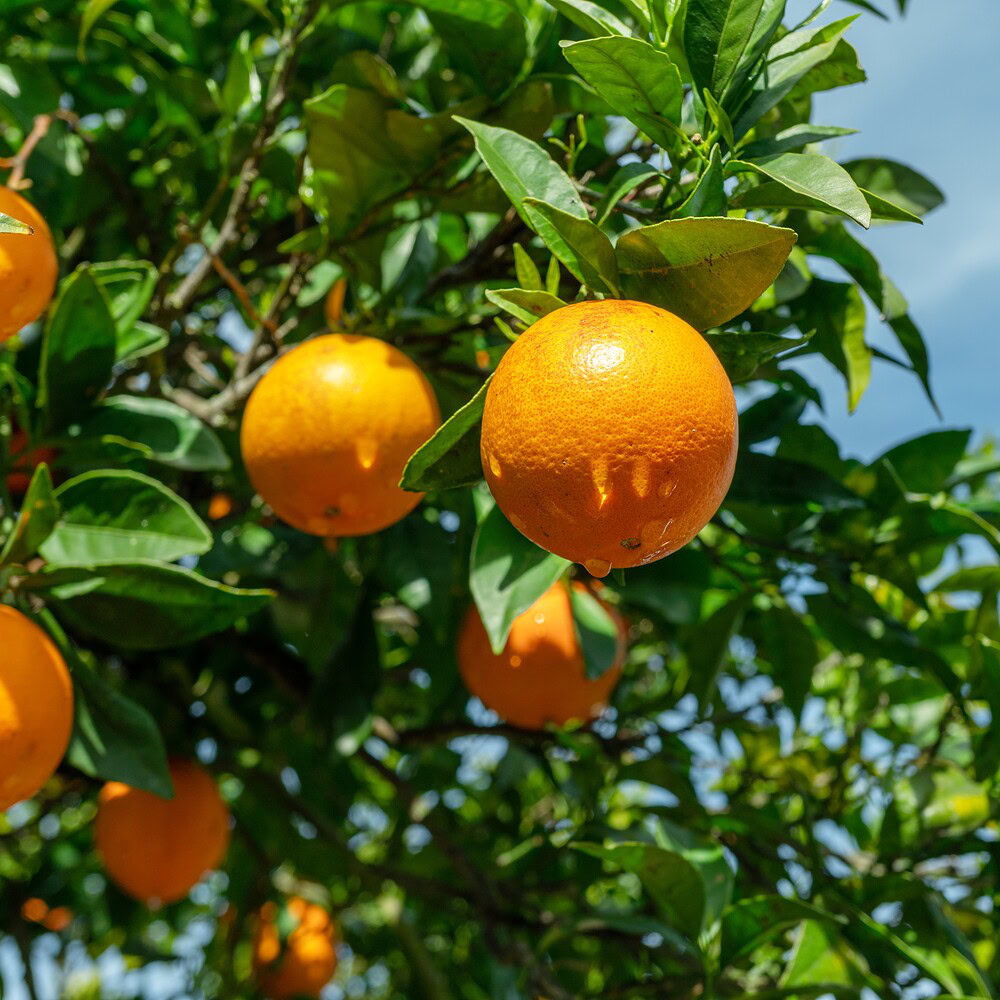Seville oranges won’t be in season for long. Should we be rushing to the supermarkets to get our hands on some?
Now Seville oranges are in season (until about the end of February) it is the perfect time to experiment with a duck or tofu a l’orange, or to try making your own preserve.
Typically used in cooking, Seville oranges are more tart and bitter than other varieties, so have long been prized as an ingredient for marmalade.
But because the season is so short, if you want to save a couple of Sevilles for later in the year, pop them in the freezer. (Lemons and limes can also be frozen.)
Are oranges good for you?
All oranges are an excellent source of vitamin C — just one provides the daily recommended amount for an adult.
They are also a good source of fibre, B vitamins, vitamin A, calcium and potassium.
Citrus fruit and juices, such as orange, are also a source of health-promoting flavanones (hesperetin, naringenin, eriodictyol, isosakuranetin, and their respective glycosides), the levels of which will depend upon the citrus species and cultivar.
These compounds support the body’s defences against oxidative stress and help prevent cardiovascular disease, atherosclerosis, and cancer.
They also have shown anti-inflammatory, antiviral, and antimicrobial activities.
Oranges are good for the eyes
Oranges may also be good for our eyes. One Australian study found that people who regularly eat oranges are less likely to develop the eye disease macular degeneration.
Researchers followed 2,000 adults aged 50 and above over a 15-year period, finding that people who ate at least one serving of oranges every day had more than a 60 per cent reduced risk of developing late macular degeneration.
But even eating oranges once a week also appeared to offer significant benefits, with the data showing that flavonoids found in oranges appeared to help protect against the disease.
The study’s lead researcher, associate professor Bamini Gopinath from the University of Sydney, said that most research had focused on the effects of common nutrients such as vitamins C, E and A on the eyes, but this was different because it focused on the relationship between flavonoids and macular degeneration.

“Flavonoids are powerful antioxidants found in almost all fruits and vegetables, and they have important anti-inflammatory benefits for the immune system,” she said.
“We examined common foods that contain flavonoids such as tea, apples, red wine and oranges. Significantly, the data did not show a relationship between other food sources protecting the eyes against the disease.”
Is orange juice good for you?
Currently, one orange or one 150 ml serving of juice counts as one of our five-a-day.
But because juice is served without the fibre from the flesh, it can cause a sudden hit for blood glucose; which is why current guidelines are for a maximum of 150 ml per day.
Pairing juice with a meal will reduce the impact on glucose levels and will help absorption of iron — which is better absorbed when taken with vitamin C.
Enjoyed this article?
Learn all about probiotics
For articles and recipes subscribe to the Optimum Nutrition newsletter
Discover our courses in nutrition






